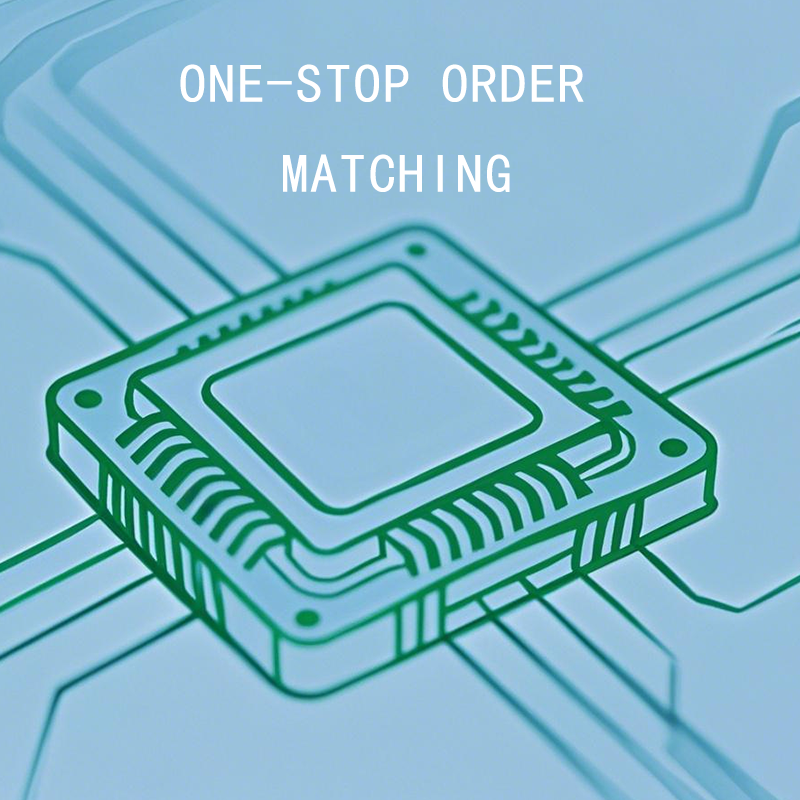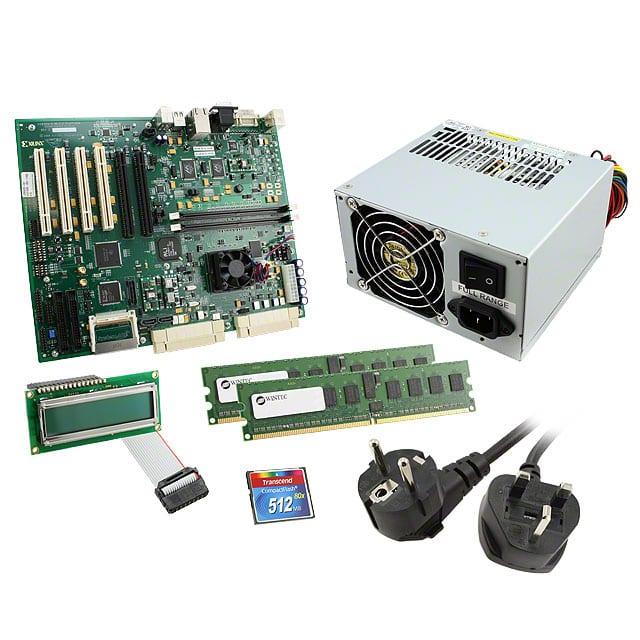| Specification of XC7V2000T-G2FHG1761E | |
|---|---|
| Status | Active |
| Series | Virtex?-7 T |
| Package | Tray |
| Voltage – Supply | 0.97V ~ 1.03V |
| Mounting Type | Surface Mount |
| Operating Temperature | 0¡ãC ~ 100¡ãC (TJ) |
| Package / Case | 1760-BBGA, FCBGA |
| Supplier Device Package | 1761-FCBGA (45×45) |
| Number of LABs/CLBs | 152700 |
| Number of Logic Elements/Cells | 1954560 |
| Total RAM Bits | 47628288 |
| Number of I/O | 850 |
Applications
The XC7V2000T-G2FHG1761E is ideal for high-performance computing environments such as data centers and cloud computing platforms. It excels in applications requiring extensive parallel processing capabilities, such as machine learning algorithms, big data analytics, and scientific simulations. This device supports operating temperatures ranging from -40¡ãC to +85¡ãC, making it suitable for both industrial and commercial settings.
Key Advantages
1. High clock speed up to 300 MHz, providing superior computational performance.
2. Advanced memory interface supporting DDR4 RAM for faster data transfer rates.
3. Energy-efficient design with low power consumption per gigaflop, reducing operational costs.
4. Compliance with various industry certifications ensuring reliability and safety.
Frequently Asked Questions
Q1: Can this device be used in extreme temperature conditions?
A1: Yes, the XC7V2000T-G2FHG1761E operates within a wide temperature range (-40¡ãC to +85¡ãC), making it suitable for use in harsh environments.
Q2: What kind of memory does it support?
A2: The device supports DDR4 memory, which enhances its ability to handle large datasets efficiently.
Q3: In which specific scenarios would this device be most beneficial?
A3: This XC7V2000T-G2FHG1761E is particularly beneficial in scenarios involving complex data processing tasks, such as real-time analysis in financial markets, predictive modeling in healthcare, and advanced robotics systems.
Other people’s search terms
– High-speed FPGA solutions
– DDR4 memory support in FPGAs
– Energy-efficient FPGA designs
– Industrial-grade FPGA applications
– Machine learning accelerators using FPGAs



